


741 Posts
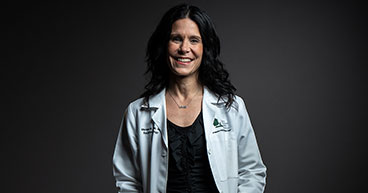
December 1, 2021
Why I got a double mastectomy: How this oncologist dealt with breast cancer riskDr. Marnee Spierer shares why she had both of her breasts surgically removed even though she doesn't have breast cancer.
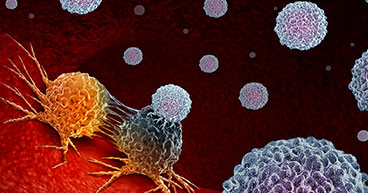
November 17, 2021
What’s new in cancer immunotherapy?To find new ways to expand the use of immunotherapy drugs, scientists and doctors are researching new ways to increase the use of these therapies and help stimulate the immune system to better recognize and attack cancer cells.
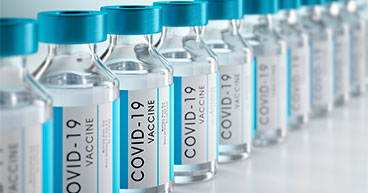
October 20, 2021
What cancer patients need to know about COVID-19 vaccine boostersCOVID booster shots are intended to help better immunize people who didn’t get enough protection from the first two vaccine shots or to those whose protection may be waning.

October 13, 2021
Weight loss may reduce cancer risk, but beware of fad dietsGood nutrition and a healthy weight may help cancer patients better tolerate treatments and reduce the risk of a recurrence. Losing weight may also reduce the risk of many cancers that have been linked to obesity.

October 6, 2021
What's the difference? Throat cancersThroat cancer is a general term for several types of cancer that form in the five-inch tube inside the neck, from behind the nose to the top of the windpipe and esophagus.

September 27, 2021
Unsatisfied with your breast reconstruction? Corrective surgery may be an option for youMany issues that cause patients to be unsatisfied with their breast reconstruction results after mastectomy may be improved with corrective reconstructive surgery.
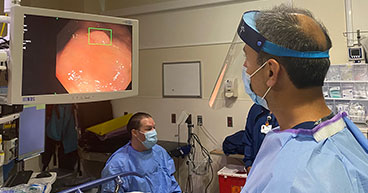
September 22, 2021
GI Genius arms doctors with new tool to help detect colorectal cancerDr. Toufic Kachaamy uses GI Genius, a new tool that leverages artificial intelligence to help doctors more clearly and quickly identify polyps, or lesions in the colon.
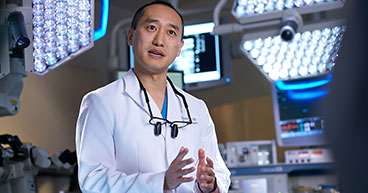
September 20, 2021
Lumpectomy vs. mastectomy: A plastic surgeon’s perspectiveTrying to decide between a lumpectomy and a mastectomy? Learn how each procedure may impact the look and feel of your breasts after reconstruction.

September 15, 2021
Palliative care: It’s probably not what you think it isPalliative care is an umbrella term for treatments designed to improve quality of life and relieve symptoms and side effects caused by a serious illness, including cancer.
Guidelines
The information contained in this blog is not intended nor implied to be a substitute for professional medical advice. Always seek the advice of your physician or other qualified health provider prior to starting any new treatment or with any questions you may have regarding a medical condition. Nothing contained in the blog is intended to be used for medical diagnosis or treatment of any illness, condition or disease.